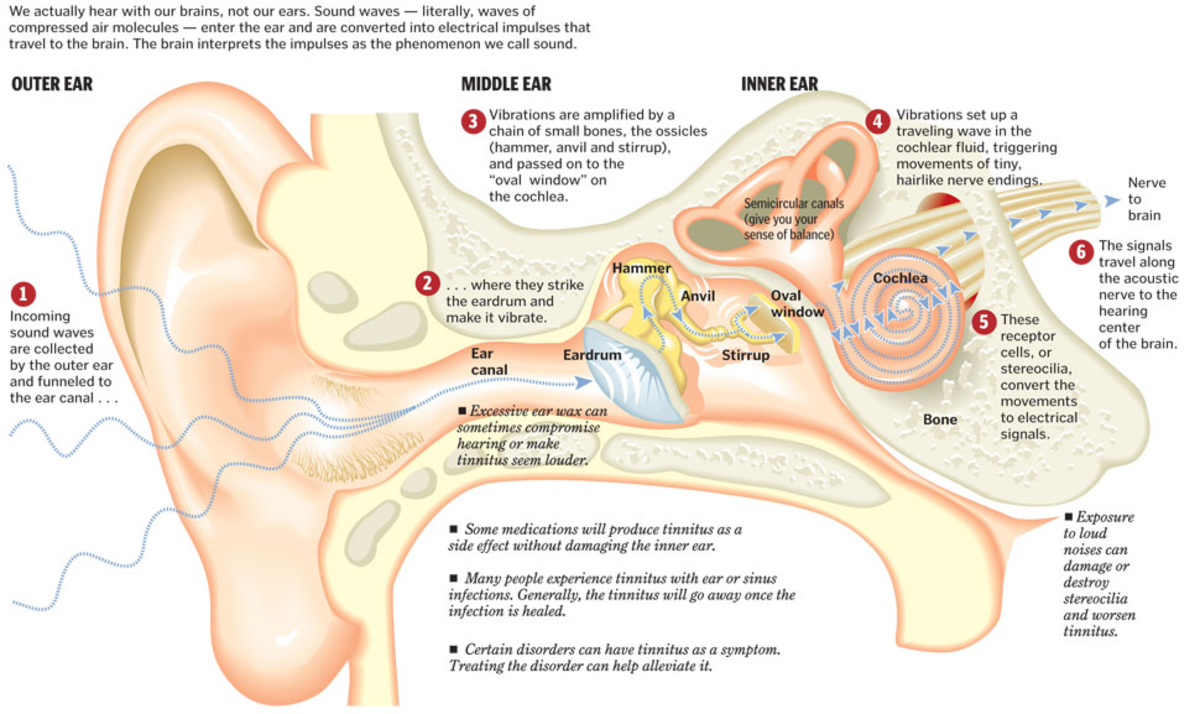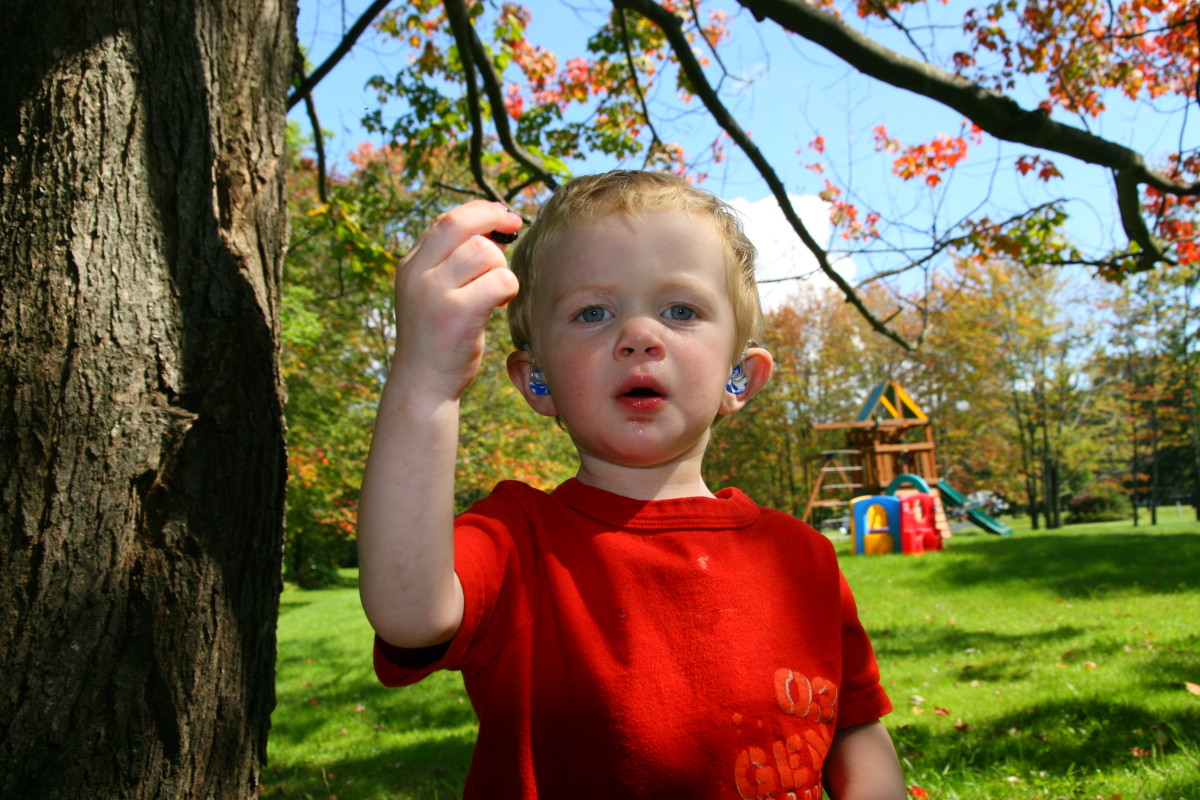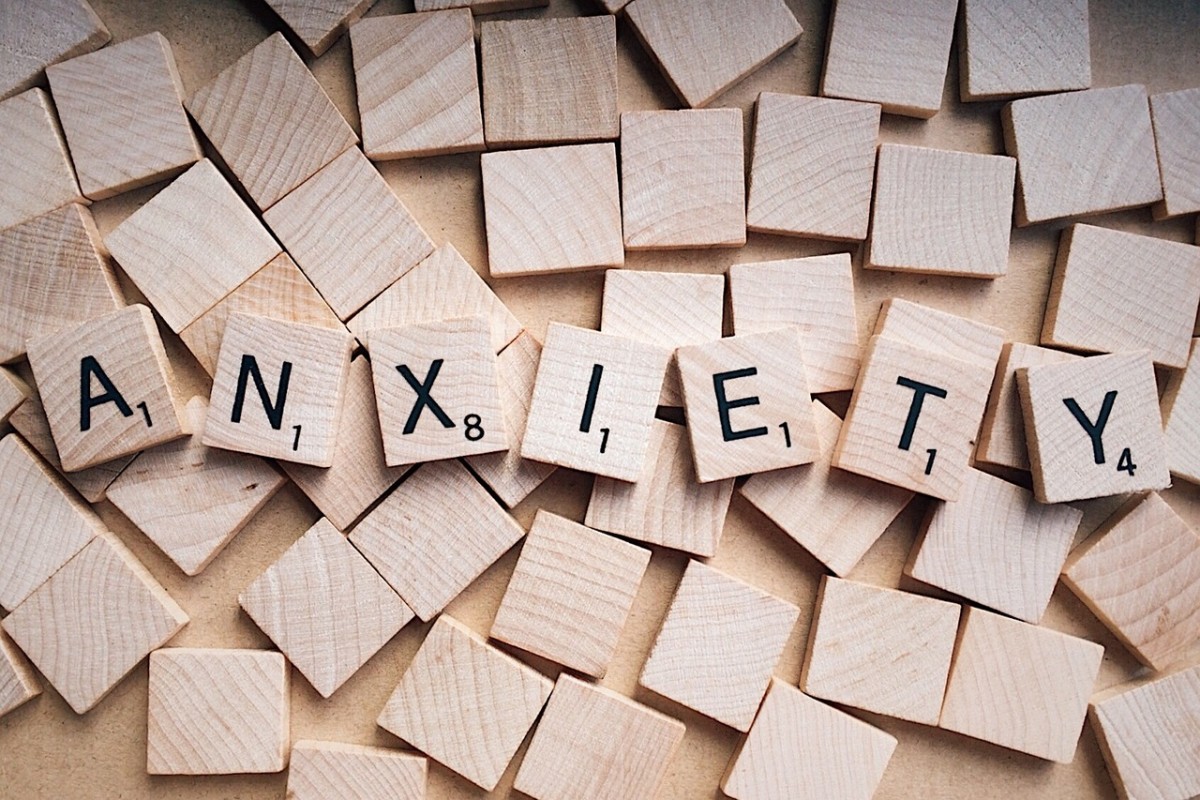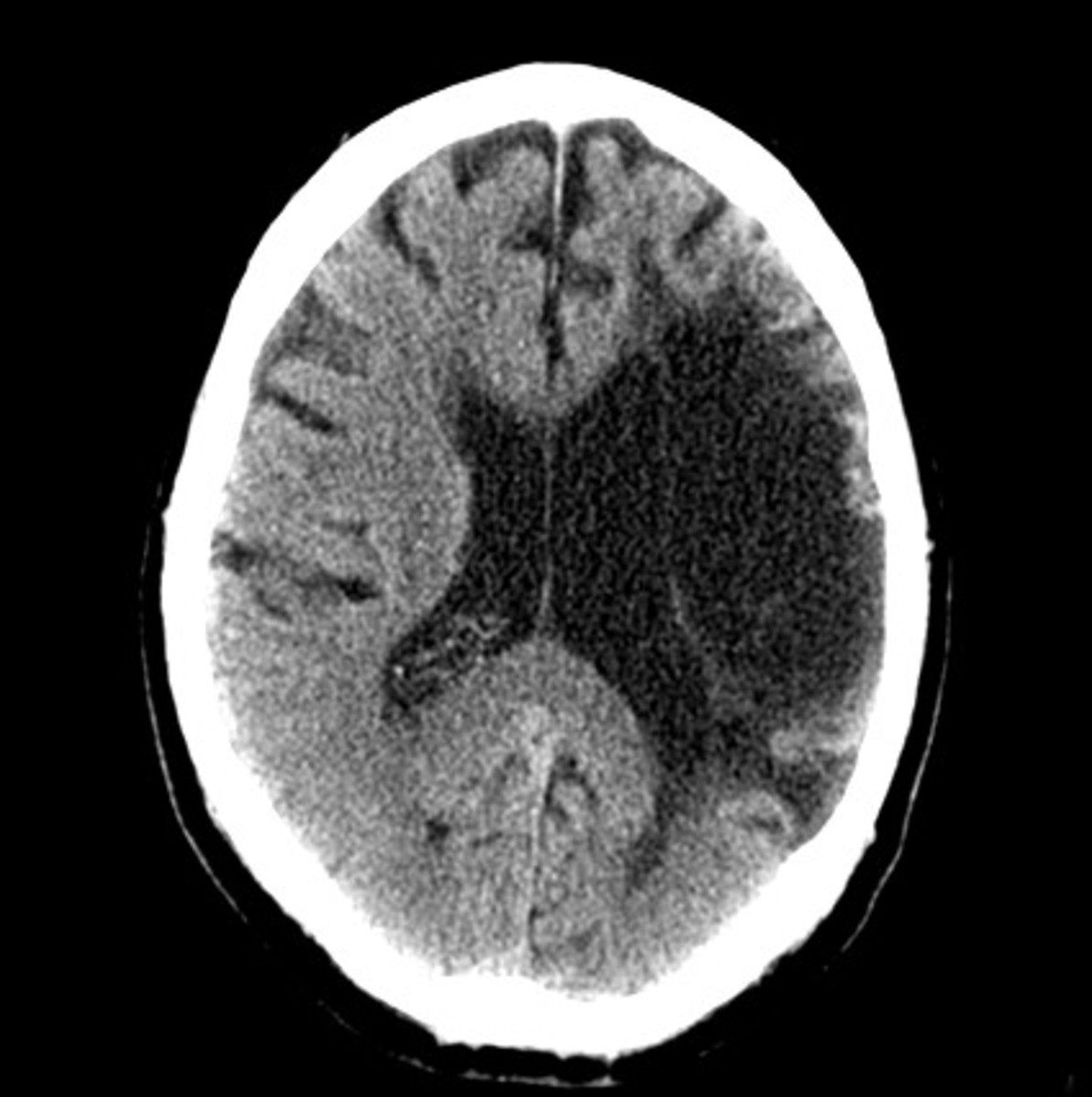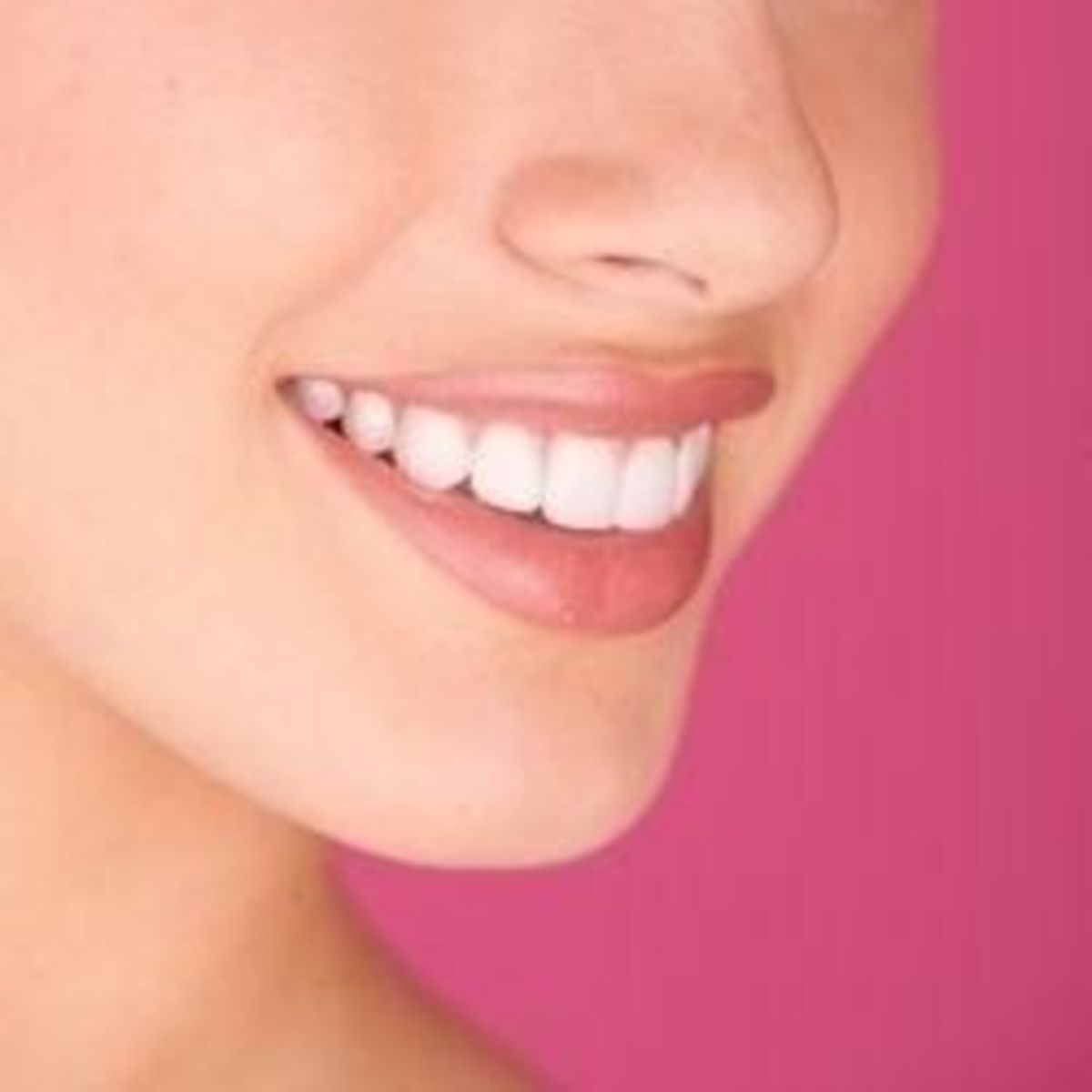Harmful Effects Of Noise
Commonly thought of as unwanted sound, noise might describe one of the new rock bands for you but not so for the multitude of teenagers who listen to it from clamped headphones. Unfortunately the damage caused by listening to overly loud music results in a loss of hearing, even at a young age. Not only teenagers, every single person is exposed to potentially damaging noise everyday, from car horns, barking dogs, gunshots, screeching tyres and of course, loud music. The blaring noises in most high population cities must in no way be underestimated. Little do people know how sounds of such high intensity can cause damage to the ear.
Hearing loss may also occur as a result of diseases such as diabetes, infections or drugs. It can be inherited or be a result of physical damage to the ears or serious injuries to the head. The most common causes of hearing impairment are noise and ageing. Even though people of all ages can possess a hearing loss, younger people usually hear better at lower volumes than older people do. As they grow up, their power of hearing diminishes. That probably explains why parents do not dare move a muscle after they have spent a strenuous hour making the baby go to sleep. There's no telling what the baby, with its acute listening powers, might hear and get disturbed by. So much for the sixth sense.According to the World Health Organization's Guidelines for Community Noise, noise is an increasing public health problem. Noise can have the following adverse health effects: hearing loss, sleep disturbances, cardiovascular and psychophysiologic problems, performance reduction, annoyance responses and adverse social behaviour.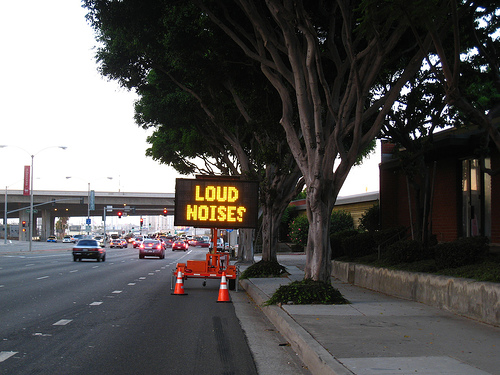
Noise-induced hearing loss
NIHL (noise-induced hearing loss) can be caused by a one-time exposure to loud sound as well as by repeated exposure to sounds at various loudness levels over an extended period of time. Hearing loss is now a common ailment all over the world. Considering the statistics, the situation is pretty bad. In developing countries the burden of hearing impairment is estimated to be twice as large as in developed countries, probably because of a lot of untreated ear infections.
How noise affect hearing?
Sounds are transmitted as vibrations from the outer ear to the 30,000 delicate hair cells of the inner ear. Exposure to harmful sounds causes damage to these cells as well as the hearing nerve. These structures can be injured by two kinds of noise: loud impulse noise, such as an explosion, or loud continuous noise, such as that generated in a woodworking shop.
Exposure to impulse and continuous noise may cause only a temporary hearing loss, in which the hair cells vibrate vigorously and sometimes violently. This often results in tinnitus (a ringing, buzzing or roaring in the ears or head) and temporary hearing loss. If the hearing recovers, the temporary hearing loss is called a temporary threshold shift, which largely disappears 16 to 48 hours after exposure to loud noise.
With continued exposure to loud noise, the temporary hearing loss can become permanent by a destruction of the hair cells. Hearing in the higher pitch range is usually affected first. This often results in a reduction in the clarity of speech, especially in a background of noise. It is easier to hear men, whose voices are deeper, than women and children.
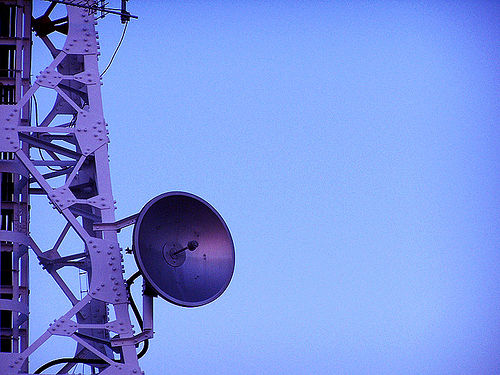
What noise is too loud?
The loudness of sound is measured in units called decibels. Regular exposure to noise above a decibel level of 85 dBA can permanently damage your hearing. As opposed to a muscle which can be strengthened with over stimulation, your ears do not grow stronger but will sustain greater hearing loss with increased exposure to noise. Even some commonly heard sounds can be potentially damaging. Remember, the louder the sound, the shorter the allowable exposure time. The Occupational Safety and Health Administration (OSHA) allows exposure to a 90 dBA sound for eight hours, 95 dBA for four hours, or 100 dBA for two hours, etc. Sounds of less than 80 decibels, even after long exposure, are unlikely to cause hearing loss.
Where are we at risk?
Listening to very loud music can start to permanently damaged hearing. Rock concerts pose risky here. Many rock musicians start to go deaf from their own music - which forces them out of their business. People who sit in front of the speakers during a concert often suffer loss of hearing for days afterwards. For some, the damage and injury to the hearing can become permanent.
Using earphones, if the volume is cranked up too high, can also be dangerous. Since the earphones are directly placed against the ears, there is no buffering and high intensity sound waves blast directly on the eardrum. When listening in a noisy environment, like in an airplane, the person will increase the volume to a dangerous level. There are noise reduction earphones that damper the outside noise, so that the volume does not have to be so high. Inexpensive earphones often do not filter out spikes of sound that are of a very high volume and possibly harmful to hearing, but they happen so quickly that you don't even notice them.
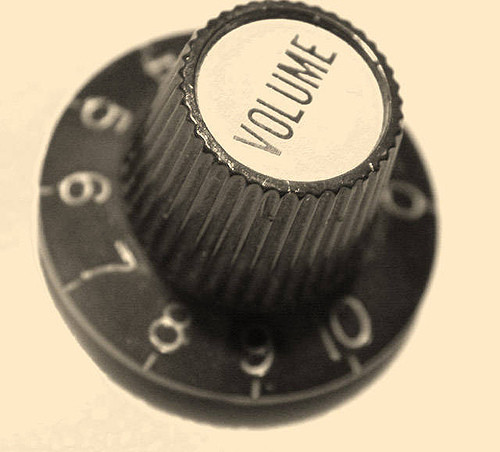
Symptoms of NIHL?
The symptoms of NIHL increase gradually over a period of continuous exposure. Sounds may become distorted or muffled, and it may be difficult for the person to understand speech. The individual may not be aware of the loss, but it can be detected with a hearing test.
Minimize your potential for hearing loss?
If you notice ringing in your ears shortly after exposure to a loud sound, your ears are crying "ouch". You should avoid that sound or wear hearing protectors when you are exposed to that sound. No matter what type of hearing protectors you choose, be sure to use them correctly. If they are not inserted properly, you may get a false sense of security in believing that you are protecting your hearing when in reality you are not.
Here are some helpful ear-saving tips:
- Wear hearing protection at home, especially when working with power tools, chainsaws, and woodworking equipment.
- Be careful of firearm noise.
- Be careful of recreational noise, particularly motorcycles and speedboats.
- Avoid loud music or unnecessary exposure to noise at work.
- Escape. Let your ears rest in a quiet environment.
- Protect children who are too young to protect themselves.
- Make family, friends, and colleagues aware of the hazards of noise.
- Have a medical examination by an otolaryngologist, (a physician who specializes in diseases of the ears, nose, throat, head, and neck), and a hearing test by an audiologist, (a health professional trained to identify and measure hearing loss and to rehabilitate persons with hearing impairments).
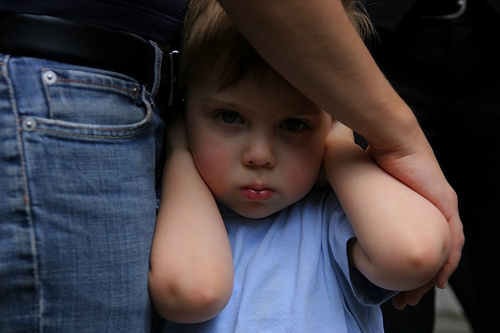
Hearing aids
It is a commonly voiced fact that ear pain is the most difficult one to bear, except for toothache. Also considering the enormous inconvenience that is caused due to defective hearing, techniques for the cure of ear ailments and hearing loss must be swiftly administered to all kinds of people. More than half of the people who use hearing aids have reported that in the initial stages, their hearing improved considerably. People with hearing problems, who did not use aids, suffered even more as a result; their hearing power worsened with time.
Hearing aids are better than ever. Many hearing-impaired people would benefit from using them, but only one out of five, who need hearing aids, actually have one. There are many types and degrees of hearing loss and so are there many types of hearing aids with a wide range of functions and features to address individual needs.
Today, hearing aids can be programmed to automatically respond to minute changes in sounds, etc. However, many people still think that hearing aids do not function well, are expensive, unsightly and uncomfortable to wear. On the contrary, most hearing aids are small, discrete and well-designed. As for being uncomfortable, this is not really true. When you have become used to wearing them, your overall comfort is improved.



